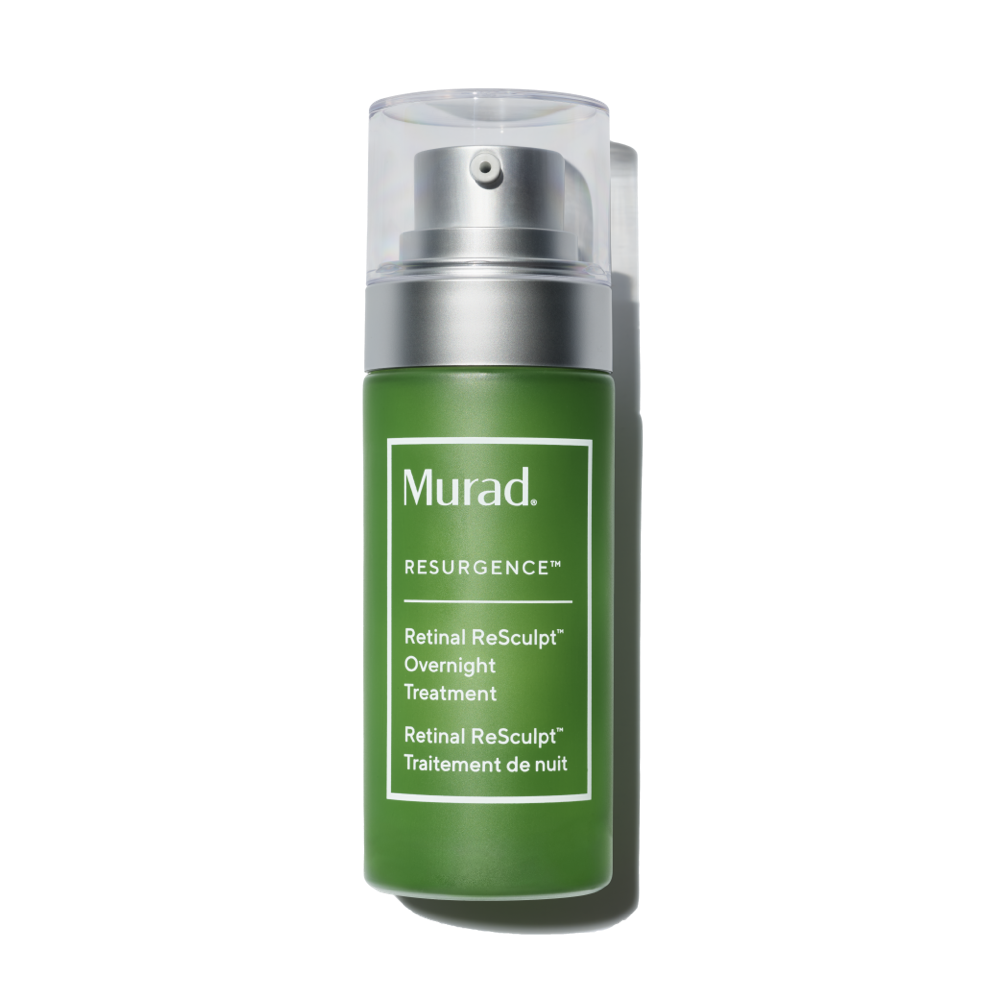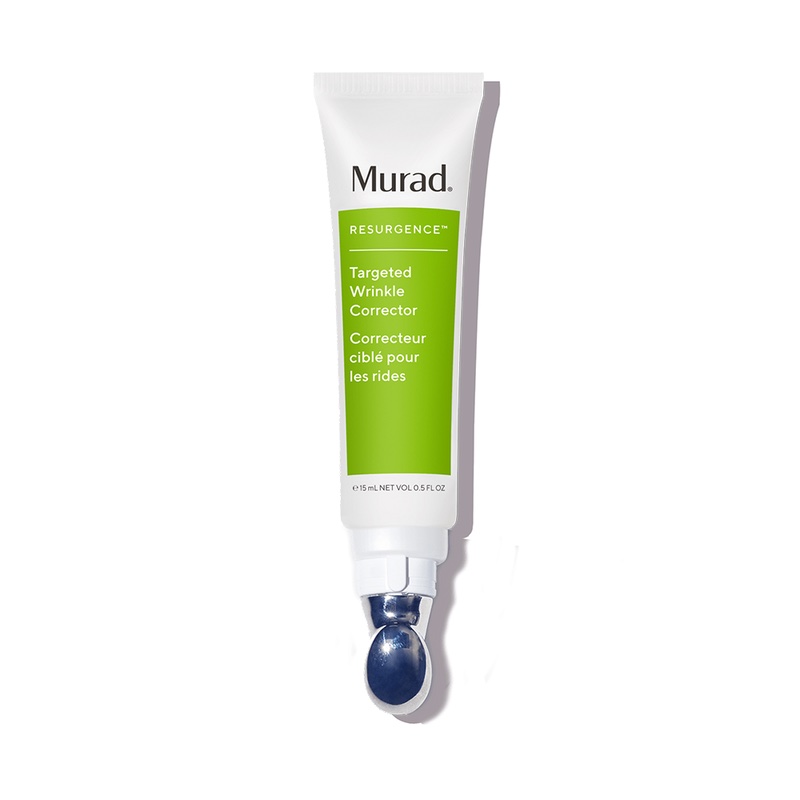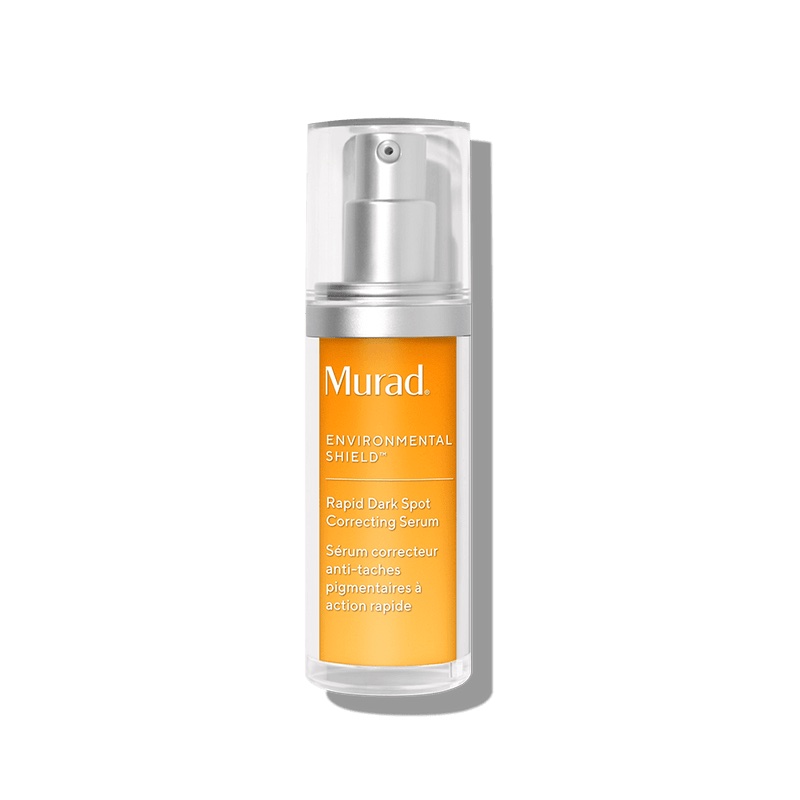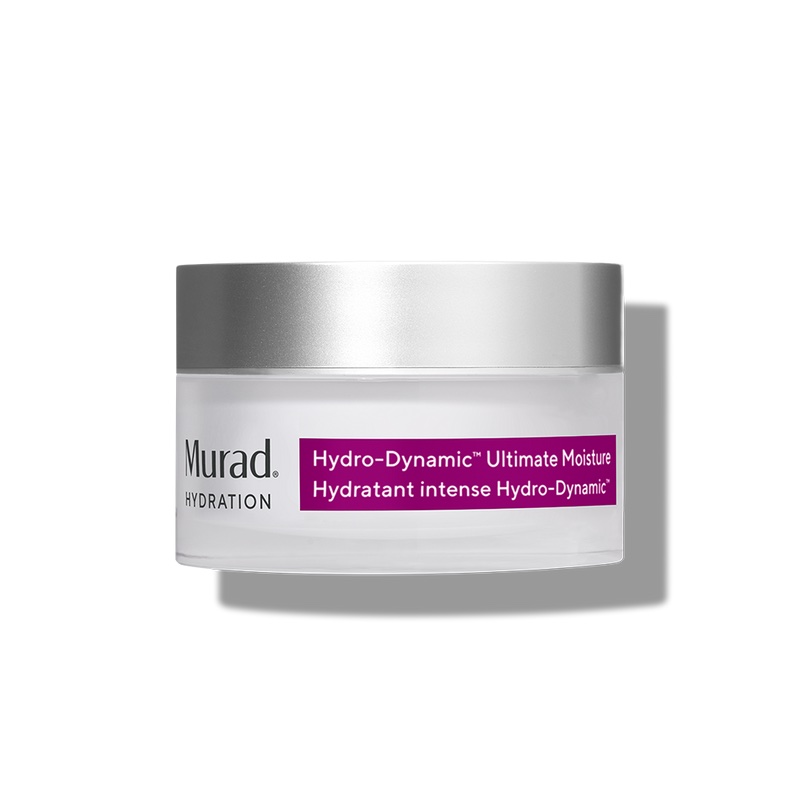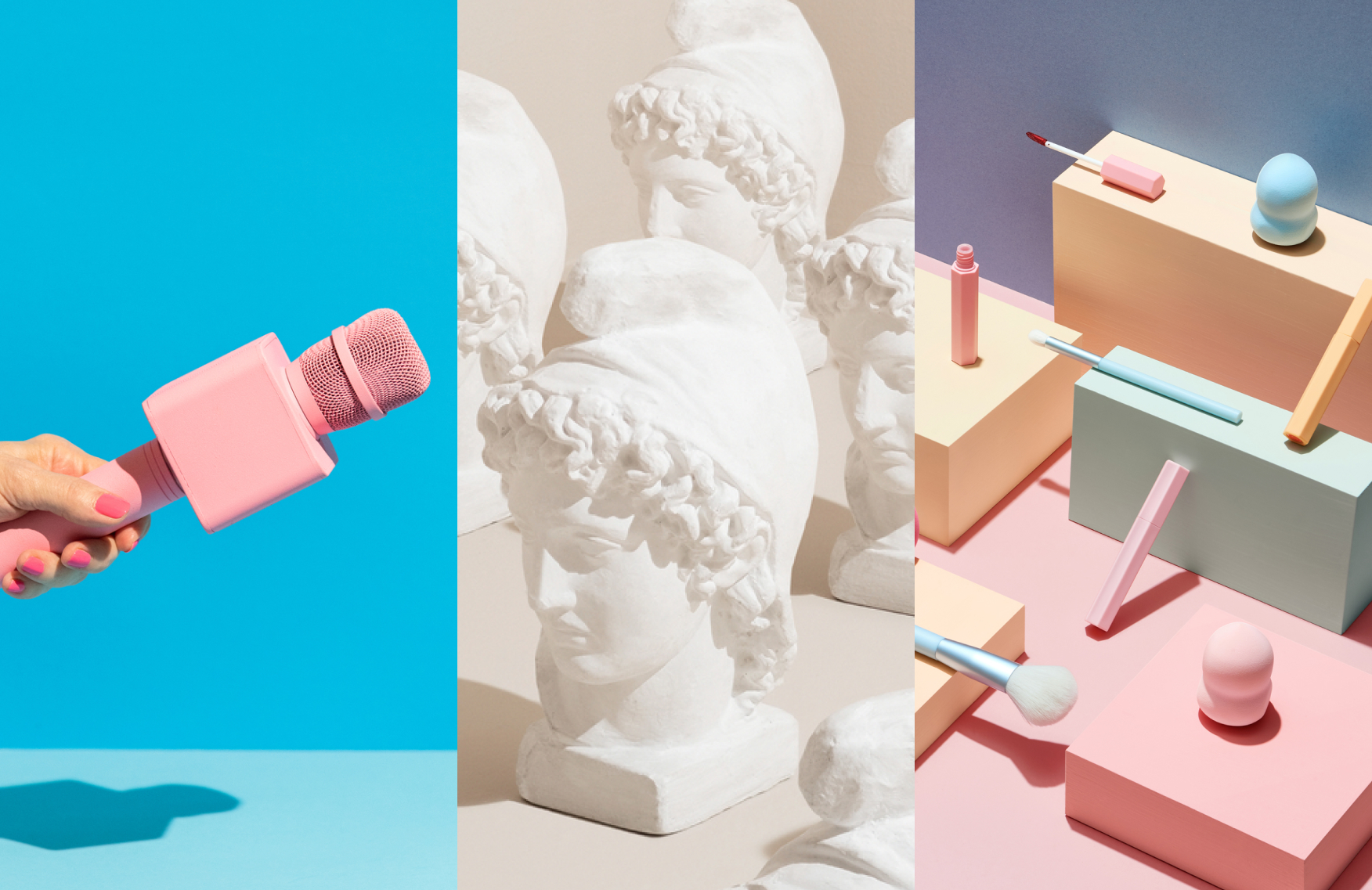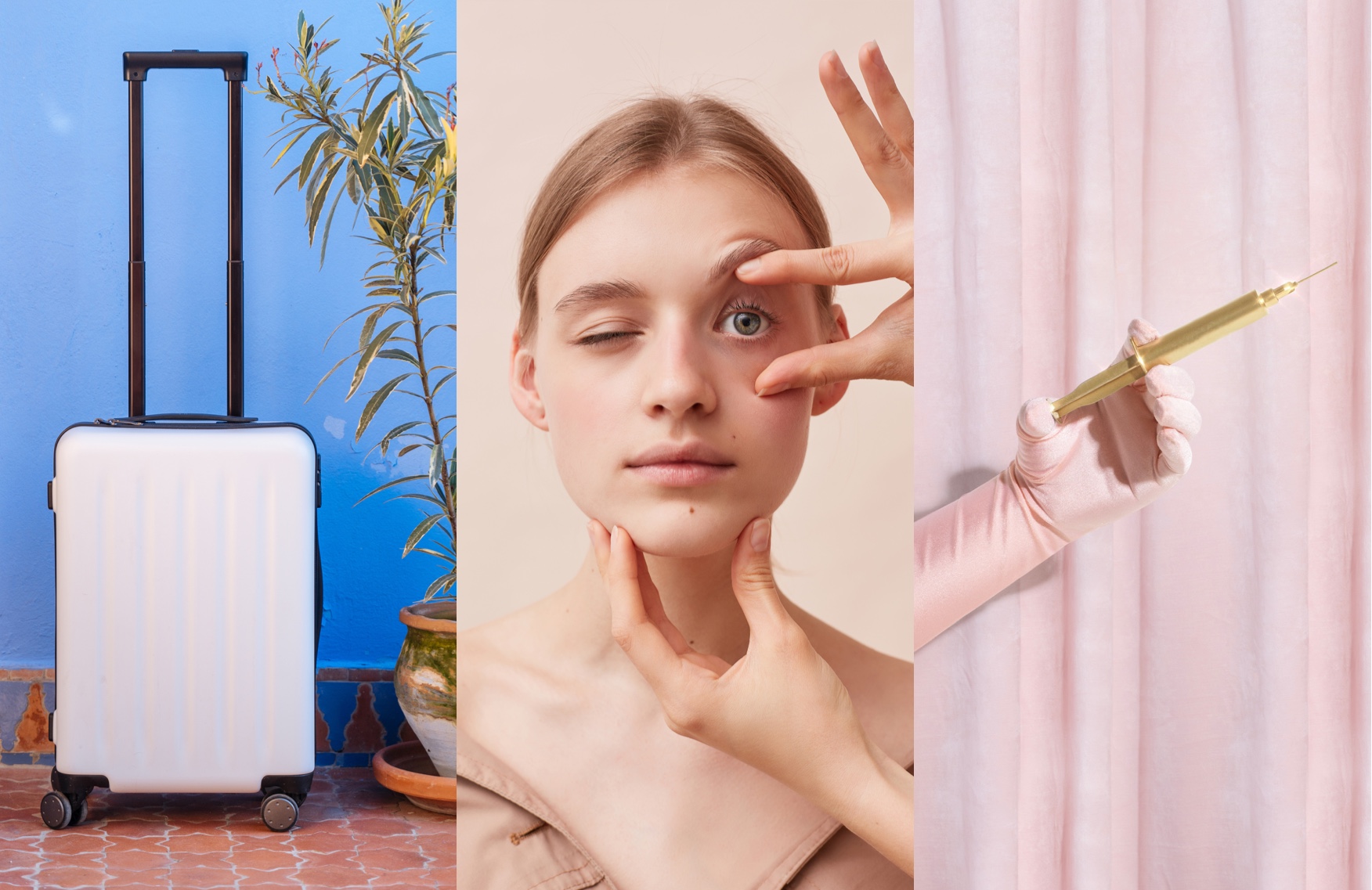It’s never too late to go after your dream career—here’s why

What do Toni Morrison, Vivienne Westwood, Stan Lee and Jennifer Coolidge have in common? They’re classified as late bloomers: Those who didn’t find their calling or disrupt the zeitgeist until they were (insert cringy term here) middle-aged. We asked Dr. Howard Murad, board-certified dermatologist, pharmacist and “late bloomer” skincare founder (he founded his eponymous skincare company at 50!) what he thinks about the benefits of not just blooming where you’re planted, but blooming when you’re planted.
An article titled, “The Age You Peak at Everything, According to Science” goes something like this: 7 is when you’re in the best place to learn a new language, 18 is when brain processing power peaks, 23 is when women are most attractive to men and strength peaks at age 25. What are your thoughts on this?
Dr Murad: Well, it’s hard to argue with science. But I’m guessing this research was conducted in a perfect lab-like situation. Variables like human experiences that impact our neuroplasticity (e.g., experiences that change and evolve our brain’s physical structure throughout an entire lifetime) might change the findings. A child with a challenging home life might not be as equipped to learn a language at 7 as another child living in a stable environment. A 35-year-old may start weight training and have their strength “peak” well after the age of 25. It’s not a one-size-fits-all criteria.
Is it fair to say that the negative association with “late blooming” starts when we’re children?
Dr. Murad: I’d say it starts at birth. When we’re born, we’re immediately measured and weighed and compared to “normal” and expected standards of infancy. Next, at so many months of age, we should be crawling, gripping and speaking. These “milestones of measurement” are rife with comparison. If they’re not hit, they drum up feelings of falling behind. Parents of children who aren’t reaching these benchmarks feel it’s a reflection of their parenting.
How do so-called “late-bloomers” have a potential advantage over wunderkinds?
Dr. Murad: Well, I started out in life wanting to be a cowboy. That’s quite different from where I am now and I’m happy about where I am now. I completed medical school, worked as a pharmacist, served in Vietnam and ultimately chose to attend a dermatology clinic instead of a general medical clinic. All those things, including how I was raised, shaped me like clay.
People have asked me if I wish I had found success in business earlier in life. My response is always no. Some people reach their peak early in life, but it isn’t always positive. Some people haven’t learned the life lessons they need to learn at that time, and their success leads to bad decisions.
Being a “late bloomer” gave me permission to make mistakes and deal with them rather than learning from a book. There wasn’t a manual for dermatologists who wanted to start a skincare company. Back then, doctors were doctors—not doctors who were entrepreneurs. Now, look how many doctors and dermatologists have brands. I was willing to take a risk and start a skincare company. That motivation was heightened by experiences only gained through age and I approached it differently than I would have in my 20s.
Murad Skincare feels like a grand reveal that was 50 years in the making!
Dr. Murad: In a way, yes it was. It’s a product of everything I’ve experienced. Maybe I was a late bloomer, but I like to think of it as a “fate” bloomer. And I’m still blooming! I was once in New Mexico at an artist colony. There were these beat up, ugly rocks with holes in them and their colors weren’t eye catching. The artist would slowly chisel away at the rock until it transformed into an impressive stone. We are each born with a unique commodity called life that is stressed by our experiences and environment. That includes both good stress and bad stress. Some of us just need more chiseling before we’re ready to live our dreams and answer our true calling.
The views expressed in this article do not necessarily represent the views of Murad, and are for informational purposes only, even if the advice of physicians and medical practitioners are included. This article is not a substitute for professional medical advice, diagnosis or treatment, and should not be considered specific medical advice.
References for this information:
Science Alert Website, Here are the ages you peak at everything throughout life
National Library of Medicine Website, Neuroplasticity
